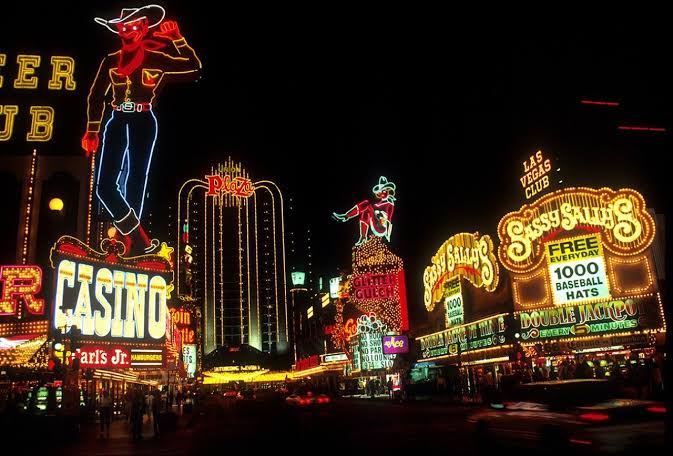Experts expect integrated resort approval within three years as global suitors await regulatory clarity, Muhammad Cohen reports.
Thailand will legalise casino gambling within three years, prompting a gold rush among international and regional operators, knowledgeable sources tell iGaming Business. Who stakes claims where depends on how Thailand draws its regulatory map, foreign gaming operators’ willingness to partner with Thai companies – and vice versa.
“Thailand will do ‘it’ but the question is what the ‘it’ will look like,” Destination Capital CEO James Kaplan says.
“Thailand has a once in a generation opportunity to become one of the most successful gaming jurisdictions in the world,” Spectrum Gaming Group managing director Frederic Gushin adds. Thailand’s status as a regional business hub and global tourist destination plus domestic appetite for gaming suggest Thai gaming could blossom into the Philippines on steroids.
Hard Rock International is “absolutely interested” in a multi-billion dollar Thailand integrated resort, Hard Rock Asia president Edward Tracy tells iGaming Business. The Native American-owned operator can expect plenty of company.
Las Vegas Sands founder Sheldon Adelson expressed enthusiasm for Thailand during a 2005 CNN interview. By 2010, a source says Sands had presented IR drawings to top government officials. It had also engaged local representation as Thailand sporadically flirted with casino legalisation.
During this January’s earnings call Adelson’s successor, Sands chairman and CEO Robert Goldstein, said: “We’re certainly looking hard at Thailand and we’d love to have a presence in the future.”
“Galaxy Entertainment Group remains focused on our development in Macau. At the same time, we will look at overseas opportunities on a case by case basis,” GEG executive vice-president Buddy Lam says. “We believe [Thailand] will draw a lot of attention if it decides to open for IR development.”
Odds favour this latest Thai legalisation effort. “The key difference is we live in different times,” Bangkok-based Kaplan says. “Public debt is now 58% of GDP. Government needs to raise revenue to pay this down.” He adds: “Thailand has casinos at all its borders and the government can capture this money leakage and tax it by having legalised and regulated casinos in Thailand.”
Perhaps most crucially, King Bhumibol Adulyadej, a staunch casino opponent, died in 2016. Recent polling shows most Thais open to casino legalisation. “Everyone on all fronts supports it, including the all important support of the [current] king and the Thais themselves,” EuroPacificAsia managing partner Shaun McCamley says.


